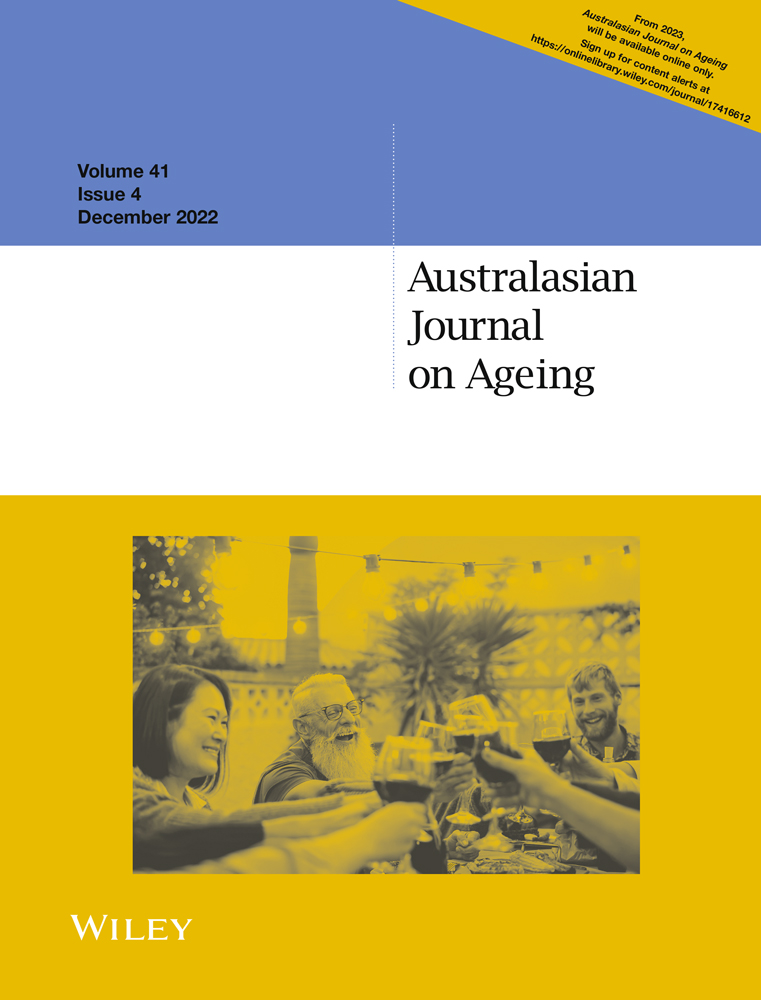Predicting the progressive resistance and balance training response of community-dwelling older adults accessing aged care support services: A stepped-wedge randomised controlled trial
Funding information
This research was funded by the Commonwealth of Australia Department of Social Services Aged Care Service Improvement and Healthy Ageing Grant (grant number 4-Z35FF5).
Abstract
Objective
To quantify the variation in body composition, physical function and cognitive health changes resulting from the Muscling Up Against Disability (MUAD) resistance and balance training program and the potential for baseline characteristics to predict the magnitude of training-related response.
Methods
The study represented a secondary analysis of a stepped-wedge randomised controlled trial involving 245 community-dwelling adults receiving Australian Government–funded aged care services who performed 26 weeks of supervised progressive resistance and balance training (PRBT). The primary outcome was the proportion of response that described the number of individuals expected to make any positive change due to the intervention and not external factors.
Results
For all outcomes, the observed average change in the PRBT group was more favourable than the control. Analyses identified that most participants completing the PRBT program would be expected to respond positively to the intervention (86%–99%) with respect to their physical performance (SPPB summary, grip strength, chair stand and isometric knee strength). A smaller proportion completing the PRBT program group would be expected to respond positively in aspects of body composition (45%–60%) or cognitive function (44%–84%). The strongest predictors of positive change were baseline physical function, whereby those with the poorest baseline function experienced the greatest benefits.
Conclusions
This study strongly supports the promotion of PRBT as a standard component of any care plan for community-dwelling older adults, especially those with low levels of physical function.
CONFLICTS OF INTEREST
Dr. Justin Keogh is an Editorial Board Member of Australasian Journal on Ageing.
Open Research
DATA AVAILABILITY STATEMENT
Data are available at: https://osf.io/4bywf/.




